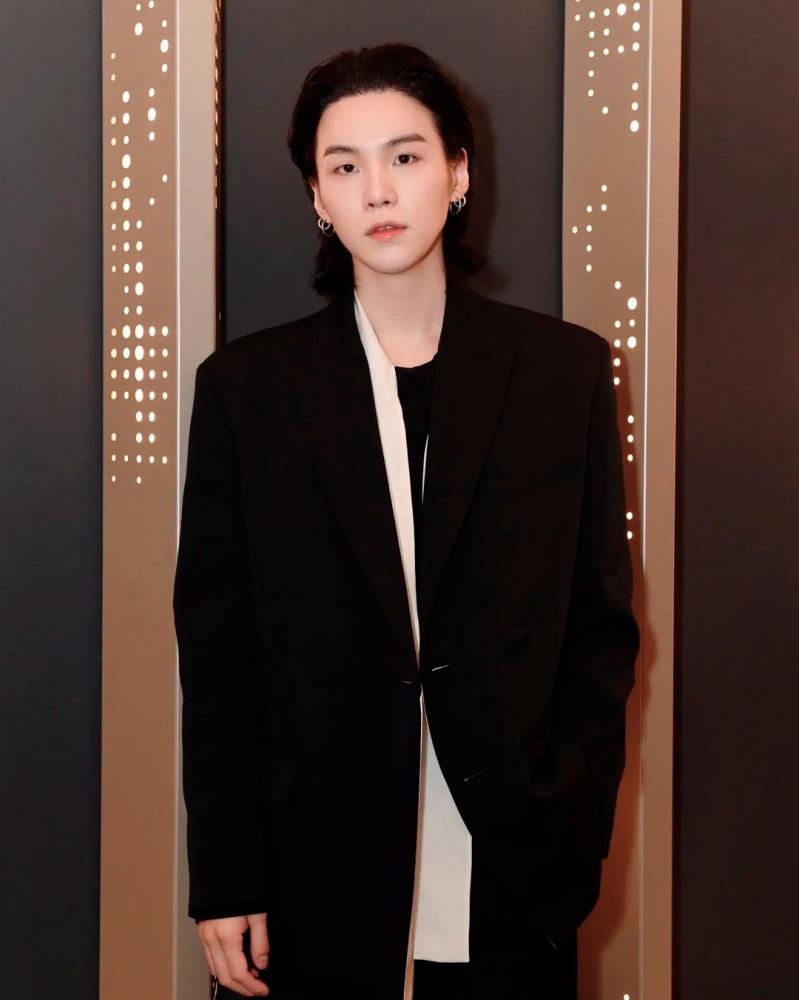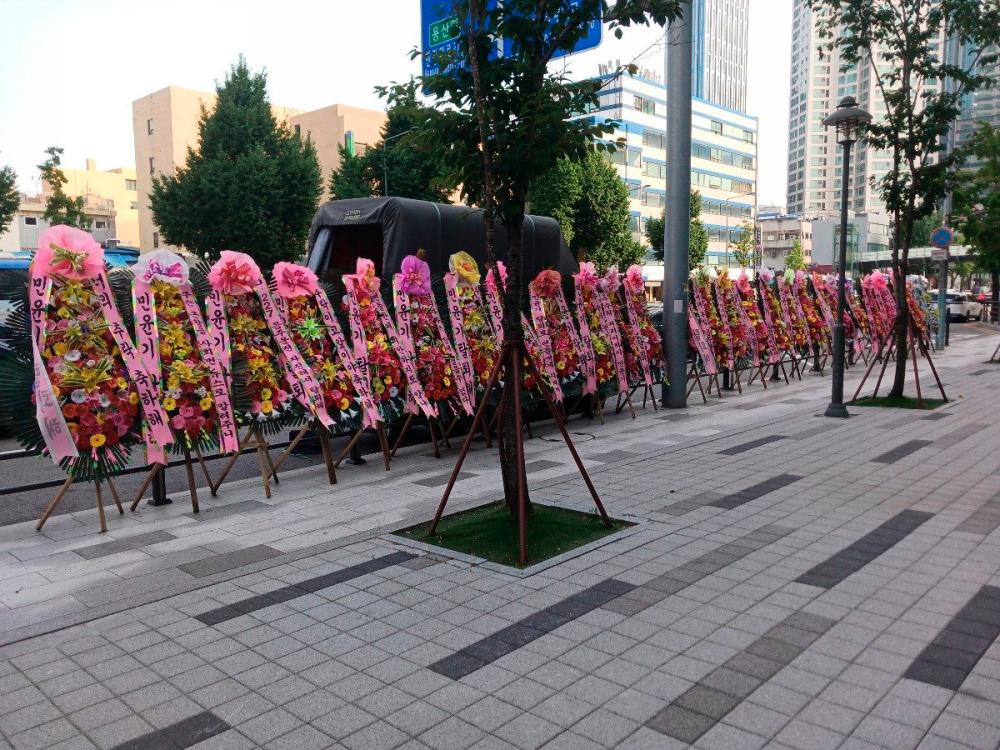K-POP has transformed from a niche cultural export into a global phenomenon, captivating millions of devoted fans and reshaping modern pop music. With groups such as BTS and Blackpink breaking records and barriers, K-pop serves as a cultural bridge that fosters substantial economic exchange and shapes global trends. Fan communities, or “fandoms”, play an integral role in this success, often organising streaming marathons and fundraising initiatives.
However, the intensity of fandoms can lead to controversies that derail idols’ careers. This phenomenon of fan entitlement subjects K-pop idols to harsh scrutiny, resulting in public outrage over minor or misinterpreted actions. The pressure is particularly acute in South Korea, where public perception and societal norms are paramount. Idols are viewed as role models, facing immense pressure to maintain a flawless image, leaving little room for personal mistakes or growth.
High-profile incidents involving artistes such as Jessi, Suga and Seunghan highlight the darker side of fan entitlement, illustrating how even trivial incidents can lead to devastating consequences for these idols.
Case 1: Jessi’s assault allegations and backlash
Jessi, a K-pop solo artiste known for her outspoken personality, recently faced severe public backlash following an incident with an underage fan. The fan accused Jessi’s team of assault after he requested a photo with her, leading to a physical altercation when his request was denied. Jessi’s attempt to defuse the situation only led to further escalation, resulting in the fan pressing charges against her team. As soon as the scandal broke, Jessi became the target of hate comments and death threats online, with netizens condemning her actions and demanding accountability.

Despite Jessi’s public apology and explanation, the outrage continued. She expressed regret for not handling the situation better, admitting her behaviour could have been more careful and respectful. Unfortunately, even after explaining her perspective, the public’s anger persisted, damaging her reputation. The media frenzy and fans’ harsh criticism not only jeopardised her career but also took an emotional toll on her.
Netizens, feeling empowered by social media, often fail to see the human side of idols and this relentless judgement has pushed Jessi to the brink.
Case 2: BTS’s Suga’s scooter incident and cyberbullying
Another significant case illustrating fan entitlement is that of BTS’s Suga who faced intense scrutiny after a minor incident involving his electric scooter. The rapper reportedly fell while parking his scooter outside his home, an event that typically would not be newsworthy. Yet, the incident was blown out of proportion, with critics demanding his removal from BTS and sending funeral wreaths to his agency Hybe as protest.
Anti-fans even spread fake CCTV footage to intensify the backlash, further fuelling online harassment.
In response, Suga and his agency issued a public apology, hoping to quell the outrage. However, the critics remained unsatisfied, using the situation to incite further animosity.
This incident highlights how fans and anti-fans alike often impose unrealistic expectations on idols. Suga’s situation is a stark example of how even the most trivial events can lead to relentless public scrutiny and it reveals the emotional burden idols face as they strive to appease fan expectations while simply trying to live their lives.
Case 3: Riize’s Seunghan’s pre-debut scandal and fan outrage
Former member of Riize, Seunghan’s case underscores the intensity of fan entitlement and how it affects younger idols early in their careers. Just before Riize’s official debut, a scandal emerged involving photos and videos of Seunghan with a woman in a private setting. Despite being a relatively mild incident by global standards, South Korean fans condemned Seunghan’s actions as inappropriate for an idol. The backlash was severe, with fans sending funeral wreaths and even death threats, pressuring him to leave the group.

The outrage was driven by fans’ belief that Seunghan had betrayed their trust by engaging in activities deemed “unprofessional” and inappropriate for an idol. Feeling overwhelmed, Seunghan issued a public apology and eventually announced his departure from Riize, stating his decision was in the best interest of the group. The reaction to Seunghan’s case exemplifies the unrealistic expectations imposed on idols, particularly regarding their personal lives. This fan entitlement ultimately led to the end of his career with Riize, despite his sincere apology and acknowledgement of his actions.
Role of netizens and toll of fan entitlement
These examples illustrate how fan entitlement and online trolling can ruin careers, sometimes permanently. Netizens have unparalleled power in this digital era, often assuming the role of judge, jury and executioner over idols’ lives. The combination of social media’s reach and the cultural expectations in South Korea has created an environment, in which a single misstep, real or alleged, can lead to an onslaught of criticism and even threats.
While the devotion of K-pop fans has propelled the genre’s global success, this intense attachment can quickly turn into harmful entitlement. Fans frequently project their own expectations and ideals onto idols, forgetting that they are human beings with flaws and private lives. Idols’ worth becomes tied to their perceived “purity” or “perfection”, leaving little room for personal growth or error.

It is crucial to recognise that these expectations and public criticisms are not just emotionally exhausting but can also lead to mental health issues among idols. Many idols are open about the toll these pressures take, with some even stepping back from their careers temporarily or permanently due to burnout and stress. Fan entitlement and online harassment need to be addressed to create a more respectful environment where idols are allowed to make mistakes, grow and live without the constant fear of fan retaliation
Rethinking idol-fan relationship
The cases serve as sobering reminders of the toxic effects of fan entitlement and netizen overreach in the K-pop industry. The intense scrutiny and unrealistic expectations that idols face make it nearly impossible for them to lead balanced lives, let alone pursue personal happiness or growth without judgment. While fans play an essential role in the success of K-pop, it is imperative to remember that idols are human, deserving of empathy and respect.
Rather than amplifying controversies and dictating how idols should behave, fans and netizens should practice understanding and compassion. This shift in perspective could allow idols to focus on their music and artistry, fostering a healthier environment for both artists and fans. Only then can K-pop continue to thrive without sacrificing the well-being of the very individuals who drive its success.
It is also essential to recognise that there is also a significant group of fans who tirelessly support their idols, providing encouragement and positivity. These dedicated fans work hard celebrating their idols’ achievements and reminding them that they always have a strong support system behind them. Through fan projects and messages of love and appreciation on social media, these supporters strive to uplift their idols during challenging times, reinforcing the notion that their connection transcends mere entertainment.









